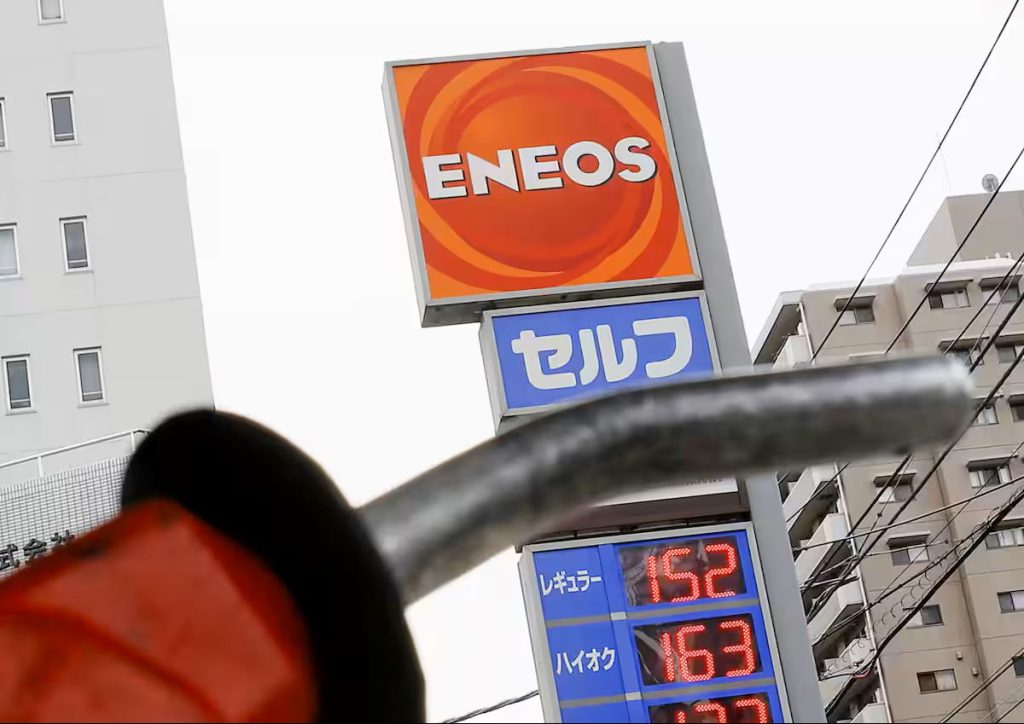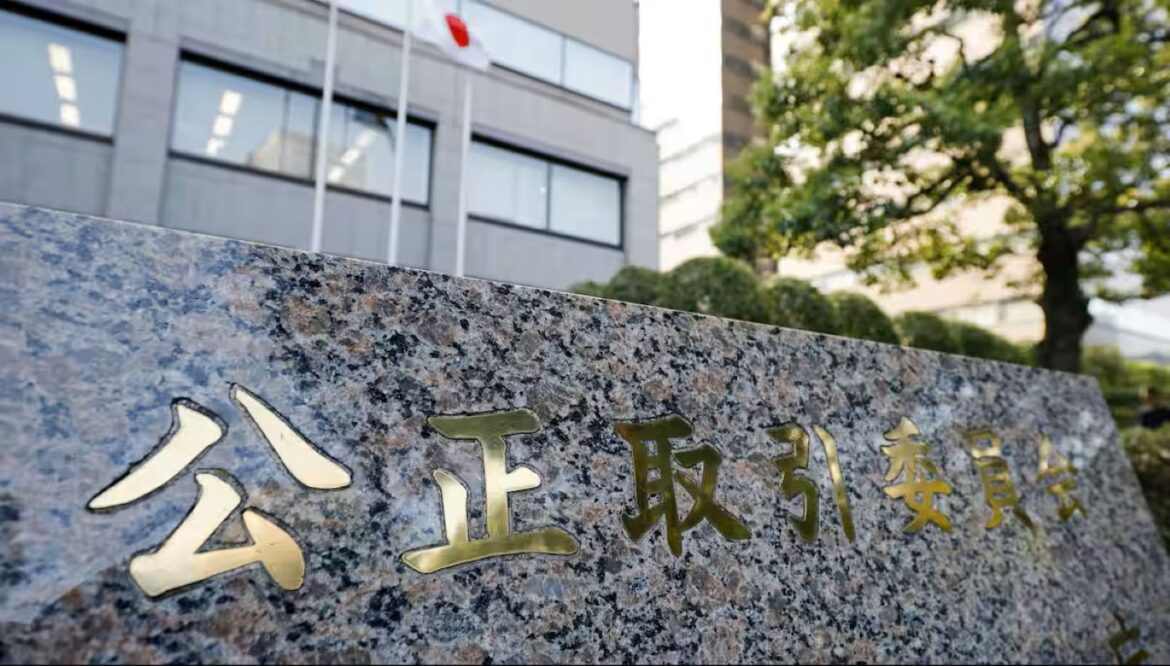If the price of diesel fuel increases by one yen per liter, costs for the logistics industry as a whole will jump by ¥16.7 billion JPY ($113 million USD) per year. That is how big an impact such price fluctuations have on our daily lives.
Also, the oil industry is the beneficiary of huge subsidies from the Japanese government. If it has formed a cartel to secure its own profits and not lower diesel prices, that would amount to nothing less than a betrayal of the Japanese people and economy. Therefore, it is shocking that charges of collusion have been leveled at the industry.
A thorough investigation is called for.
Going On Now
The Japan Fair Trade Commission (JFTC) has conducted a compulsory investigation into eight oil distributors, including several affiliated with ENEOS Corporation. Together, they are suspected of violating the Antimonopoly Act. They are alleged to have formed a cartel to maintain and raise the selling price of diesel.
A compulsory investigation was not a prerequisite for administrative action. In light of the circumstances, however, the JFTC was concerned about possible criminal offenses. Therefore, it exercised its authority with the aim of developing a criminal case. It is expected to file criminal charges with the prosecutor’s office.
 An ENEOS gasoline stand in central Tokyo.
An ENEOS gasoline stand in central Tokyo.
Why It Matters
JFTC’s action reflects how malicious the alleged cartel is. Diesel fuel is used to power industrial vehicles equipped with diesel engines, such as trucks, buses, and construction machinery. It is a huge market, and the suspected cartel may have contributed to soaring logistics and construction costs.
Six of the eight suspected companies believed to have joined the cartel were also inspected by the JFTC in May. At the time, they were suspected of forming a cartel over diesel sales prices to transportation companies in Kanagawa Prefecture. Officials conducted onsite searches of their offices to gather evidence.
The JFTC seemed to consider the recidivism of participating companies and the large scale of the cartel to be problematic. Therefore, it probably decided that an investigation premised on punishment by administrative sanctions would not be enough.
Diesel fuel is a mainstay for the logistics sector. Its price remains lofty due to factors such as crude oil prices and the weak yen. Realizing this, the government has invested more than ¥8 trillion ($54 million) in measures to combat rising fuel prices since 2022.
However, the JFTC also suspects that there is another reason diesel prices have remained high. That concerns the alleged cartel scheme, which appears to be especially malicious in nature.
 Correcting the Problem
Correcting the Problem
All the companies involved have promised to “cooperate with the investigation.” However, these companies, as well as the industry as a whole, must realize that they have an obligation to the public to respond to the cartel allegations. After all, it is the public who would be the victims of the scheme.
This is the first time the JFTC has exercised its investigatory authority since the Tokyo Olympics dango (bid rigging) scandal in 2022. If criminal charges are filed, the individuals responsible for cartel participation at each company will be prosecuted as co-perpetrators.
Nonetheless, joining a cartel is a corporate crime ー an illegal act that reflects the intentions of the corporate leadership. It would be unfair if the criminal responsibility of the superiors is not clarified. They are the ones who ordered the individuals directly involved in forming the cartel and made them report the matter.
We urge the JFTC and prosecutors to get to the heart of the matter. Simply punishing a few sacrificial victims will not satisfy the Japanese people.
RELATED:
(Read the editorial in Japanese.)
Author: Editorial Board, The Sankei Shimbun
Continue Reading


AloJapan.com